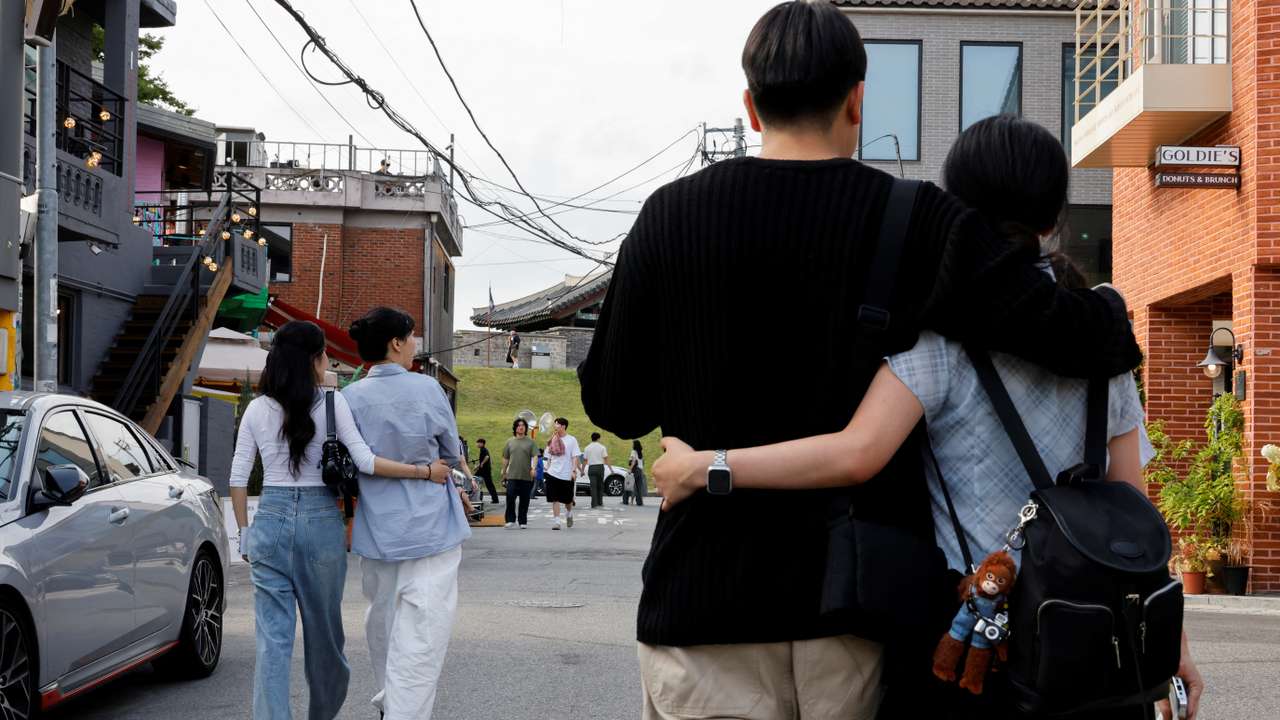Here’s how South Korea intends to combat low birth rate and ageing population

South Korea intends to tackle its low birth rate and ageing demographic with the launch of a new Ministry of Population.
Officials announced on July 1 the establishment of a new Ministry of Population to tackle one of the most pressing challenges facing the Asian nation today.
The Korean government will propose a revised government organisation act within July to facilitate the launch of the new ministry, the Korean Times reports.
The ministry will take over responsibilities currently managed by the health and finance ministries, focusing on creating population policies and developing mid- to long-term strategies.
A key responsibility of the new ministry will be the allocation and coordination of budgets aimed at combating low birth rates across various related ministries.
The head of the new ministry will double as the deputy prime minister for social affairs, officials said, noting that this role is one of the two deputy prime minister posts currently held by the education minister.
Once operational, the ministry plans to bolster public campaigns and promotions to address demographic challenges. It will also conduct research and analysis of demographic data to inform its strategies.
As of June 26, 2024, South Korea’s population stood at approximately 51.74 million, representing about 0.64% of the total world population. The average age in South Korea is 44.5 years, highlighting the country’s ageing demographic.
In a bid to encourage traditional family lives among the younger generation, it was reported in 2017 that Seoul’s Dongguk and Kyung Hee Universities introduced mandatory dating courses.
These courses on dating, sex, love, and relationships target a generation increasingly shunning traditional family structures, according to the university authorities.
South Korea's birth rate, one of the lowest in the world, has been steadily declining. In 2024, the birth rate was 6.743 births per 1000 people, a 0.38% decline from 2023, which itself was a 1.93% decline from 2022.